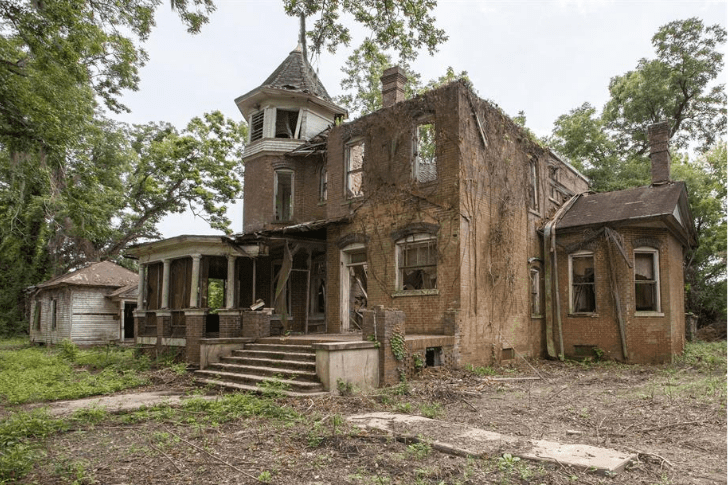Abandoned houses can be lucrative investments if you know how to approach them strategically to maximize your returns. Here’s how to get started on the right foot.

Abandoned houses often come with a lower purchase price compared to occupied homes, making them attractive for investors on a budget. These properties can also offer higher profit margins if you can renovate and sell or rent them effectively.
Before diving into the market, spend some time researching. Look for areas where abandoned houses are common and the demand for housing is high. Websites, real estate forums, and local public records can provide you with valuable information.
When considering an abandoned house, the initial purchase price is crucial. Use comparable sales in the area to get an idea of what similar properties are selling for. Hiring a property appraiser can also help in assessing a fair value.
While the sticker price may be low, abandoned houses often come with hidden costs. Structural repairs, mold removal, and pest extermination can add up quickly. Be sure to budget these into your investment plan.
Many sellers are eager to offload abandoned properties quickly. Use this to your advantage by negotiating a lower price. Highlight the deficiencies of the property to justify your offer.
You may find it difficult to secure a traditional mortgage for an abandoned house due to its condition. In this case, hard money loans can be a viable alternative even though they come with higher interest rates and shorter terms.
Look into federal and state programs that offer grants or low-interest loans specifically for renovating distressed properties. These can reduce your overall investment costs and increase your return on investment.
Before you purchase, create a detailed renovation plan. Focus on critical areas such as plumbing, electrical wiring, and roofing. A well-thought-out plan will not only help during negotiations but also keep your renovation on track.
Select contractors who specialize in rehabilitating older properties. Check their previous work, read reviews, and don’t hesitate to ask for references. A great contractor can mean the difference between a successful flip and a money pit.
While doing some work yourself can save money, certain tasks require professional skills. Decide what you can realistically accomplish on your own without compromising the quality and safety of the renovation.
Once the renovation is complete, decide whether to sell or rent your property. Look at market trends to understand demand and pricing. If the rental market is strong, you might see better good returns by leasing the property.
If you decide to sell, make sure the house is properly staged and professionally photographed. Effective marketing can significantly increase your selling price. Use online platforms and social media to reach a wider audience.
For those leaning towards renting, focus on finding reliable tenants. Conduct thorough background checks and consider hiring a property management company to handle day-to-day tasks. A good tenant will help secure your good investment.
Different areas have varying regulations concerning abandoned properties. Make sure you're familiar with local laws to avoid potential legal issues. Consulting with a real estate attorney can provide invaluable guidance.
Insuring an abandoned property can be tricky. Ensure you have sufficient coverage for both the renovation period and afterward. Shop around for policies that specialize in covering unoccupied homes.
Investing in abandoned houses can be a rewarding venture when approached with diligence and strategic planning. By understanding how to evaluate price, manage renovation, and capitalize on market trends, you can turn these forgotten properties into profitable assets.
Explore the Tranquil Bliss of Idyllic Rural Retreats

Ultimate Countdown: The 20 Very Legendary Gaming Consoles Ever!

Understanding Halpin and its Influence

Affordable Full Mouth Dental Implants Near You

Discovering Springdale Estates

Illinois Dentatrust: Comprehensive Overview

Embark on Effortless Adventures: Unveiling the Top in Adventures Made Easy Outdoor Equipment

Unveiling Ossur Valves: Innovation in Prosthetics

Unlock the Full Potential of Your RAM 1500: Master the Art of Efficient Towing!
